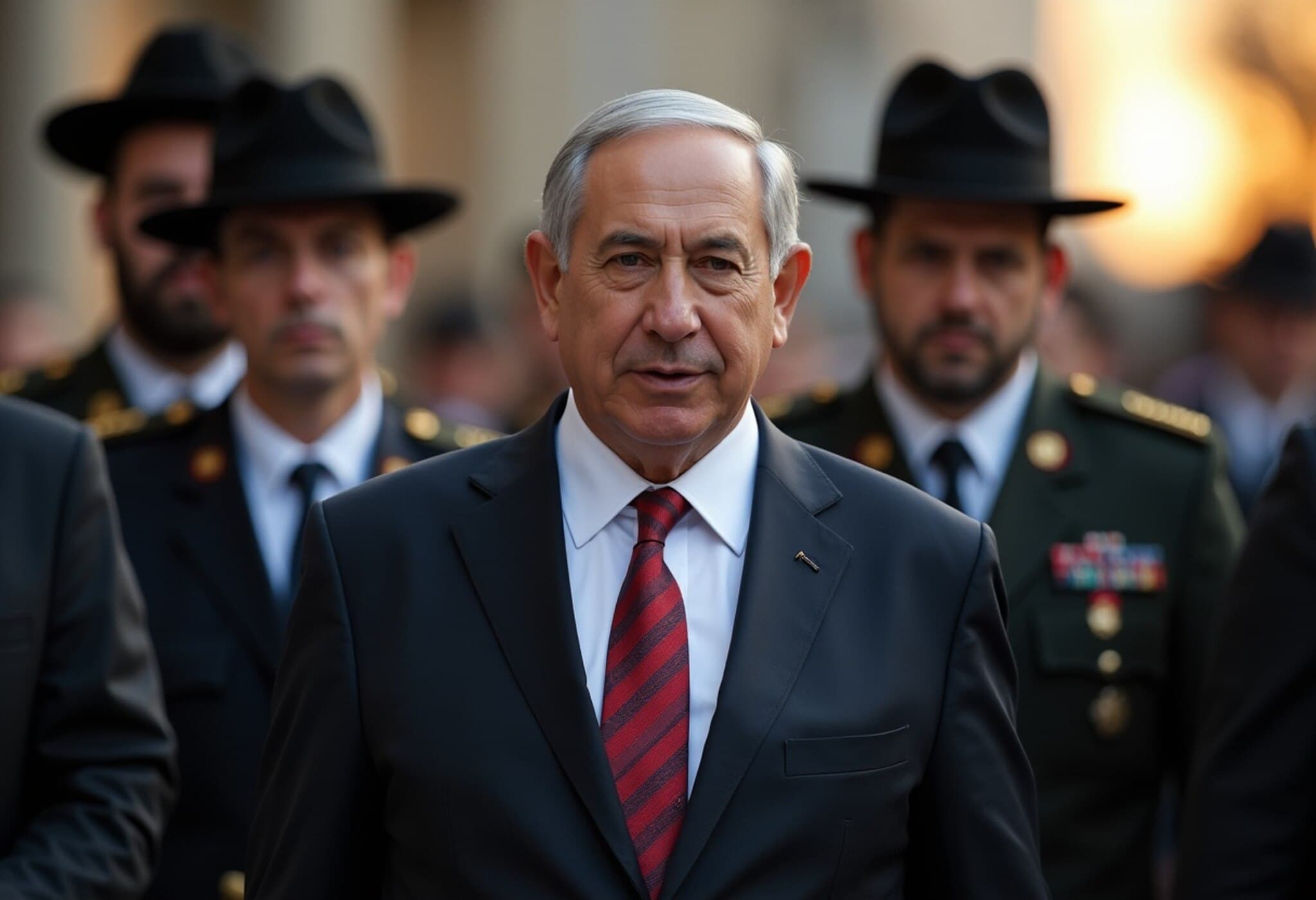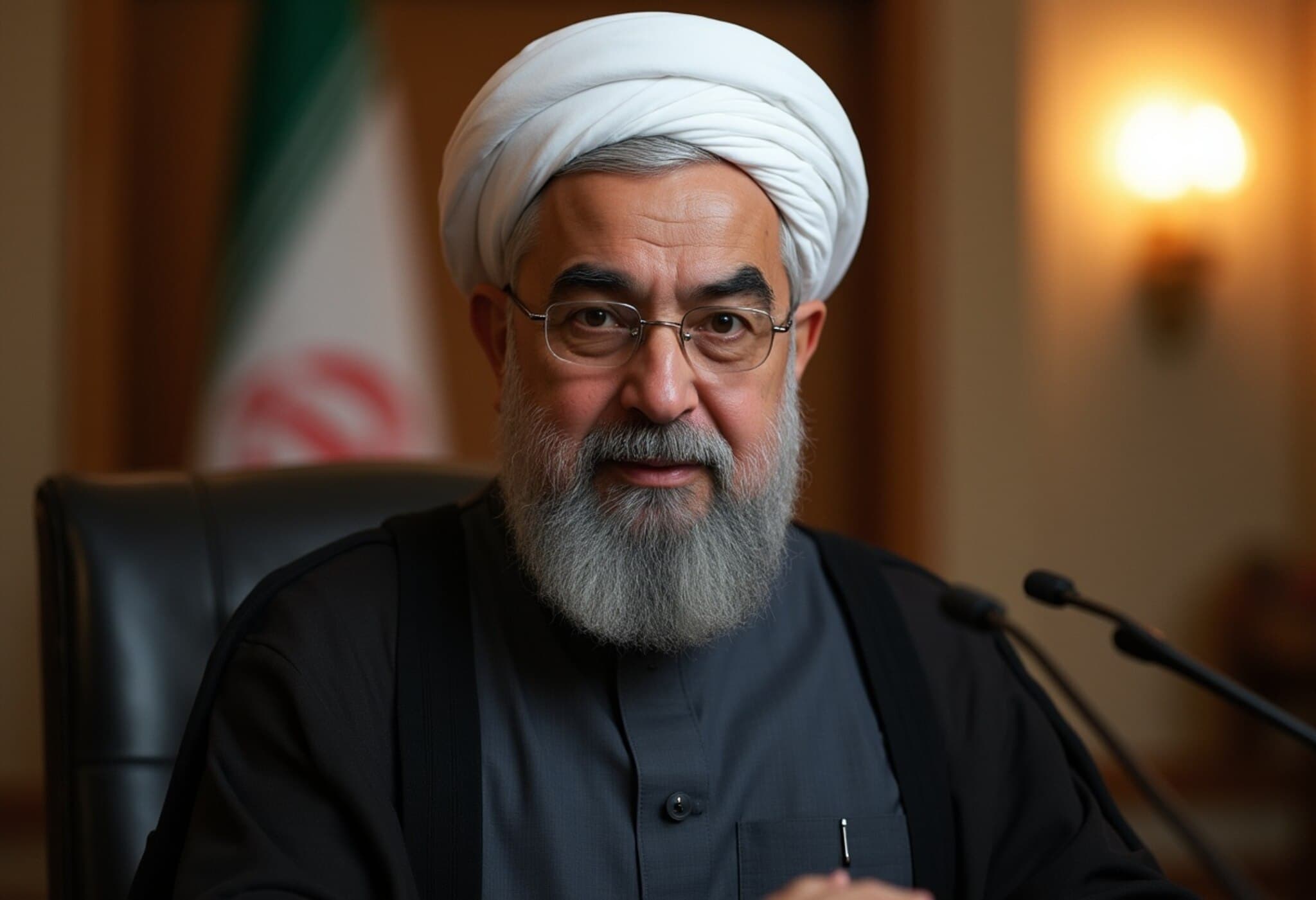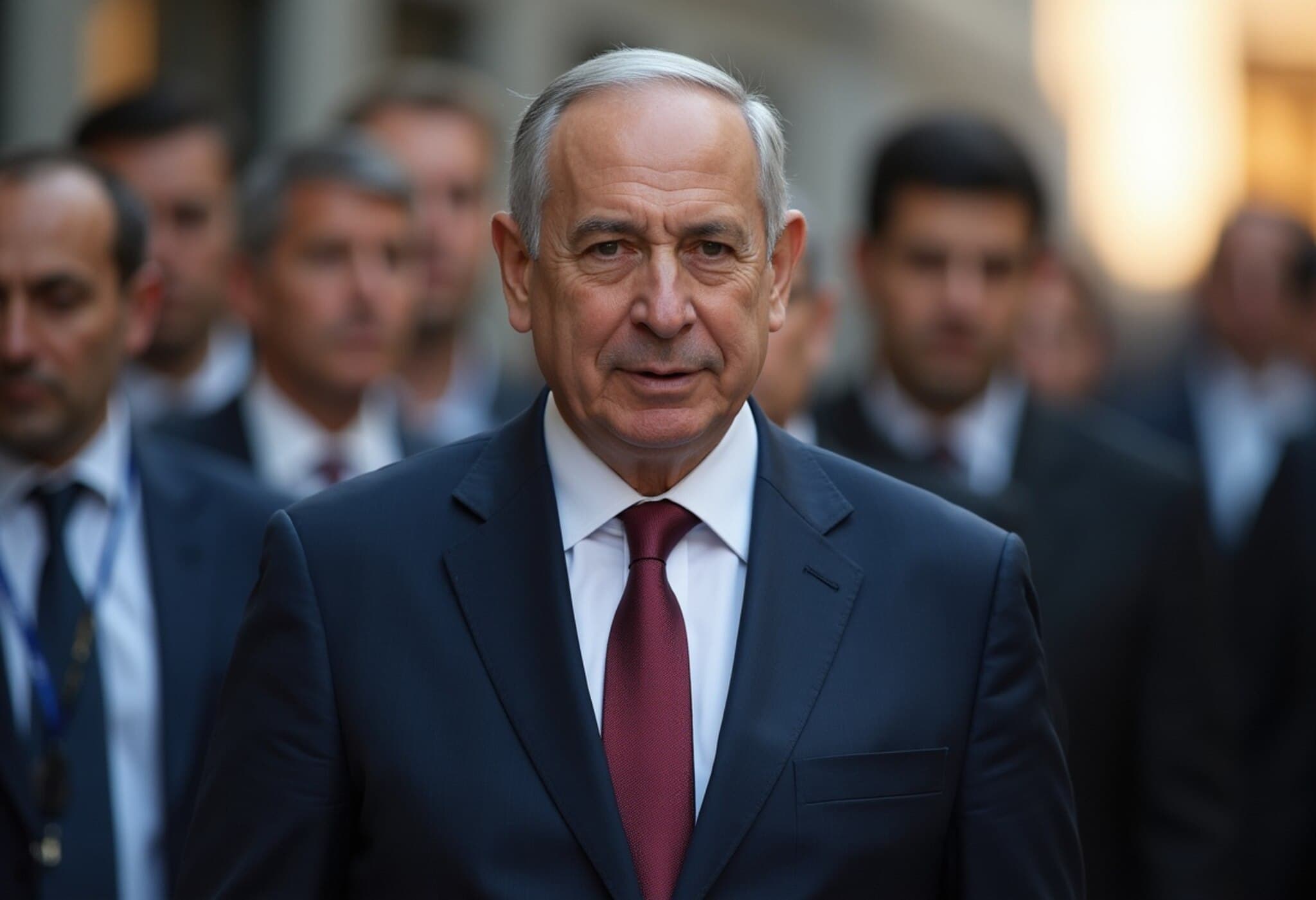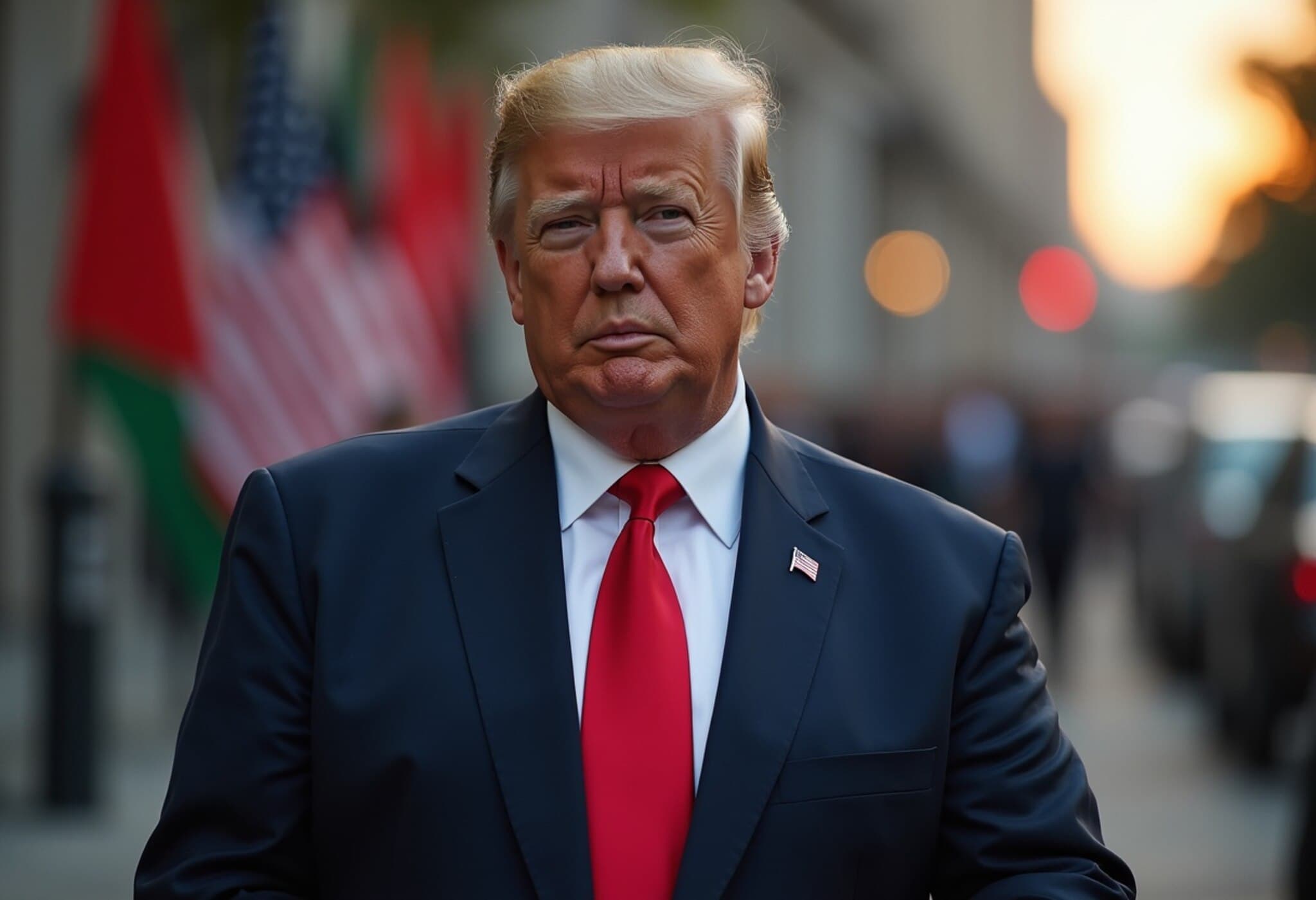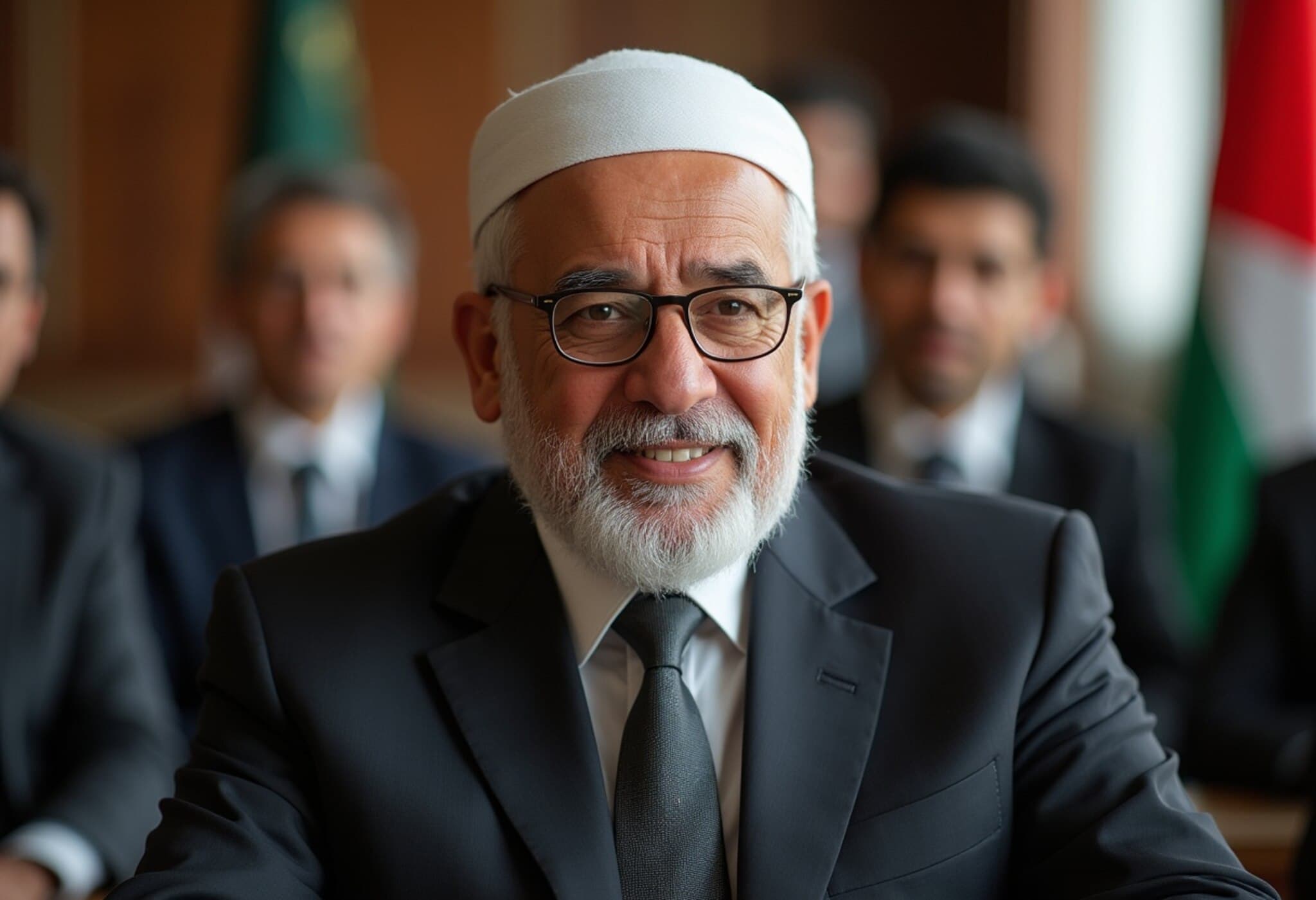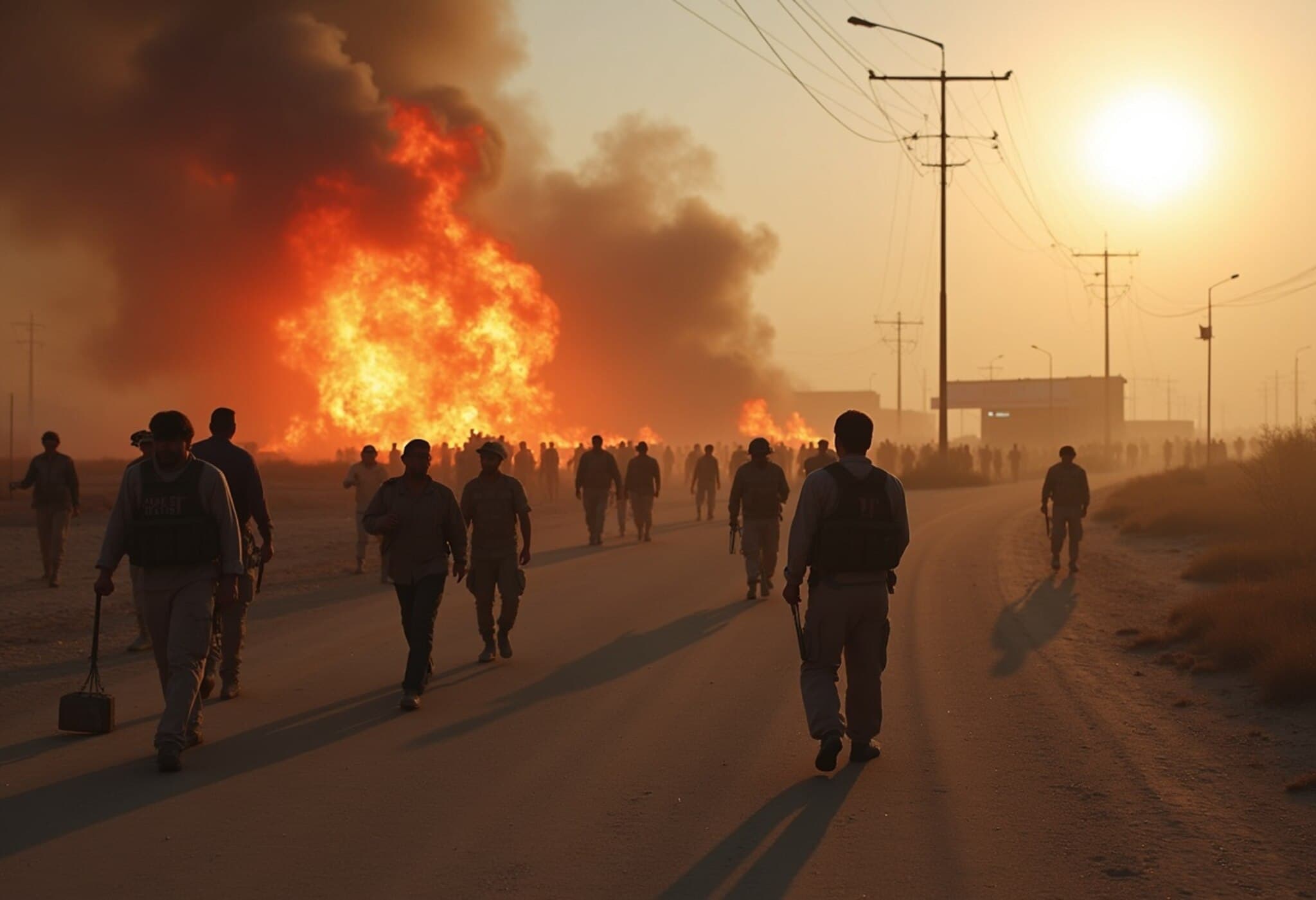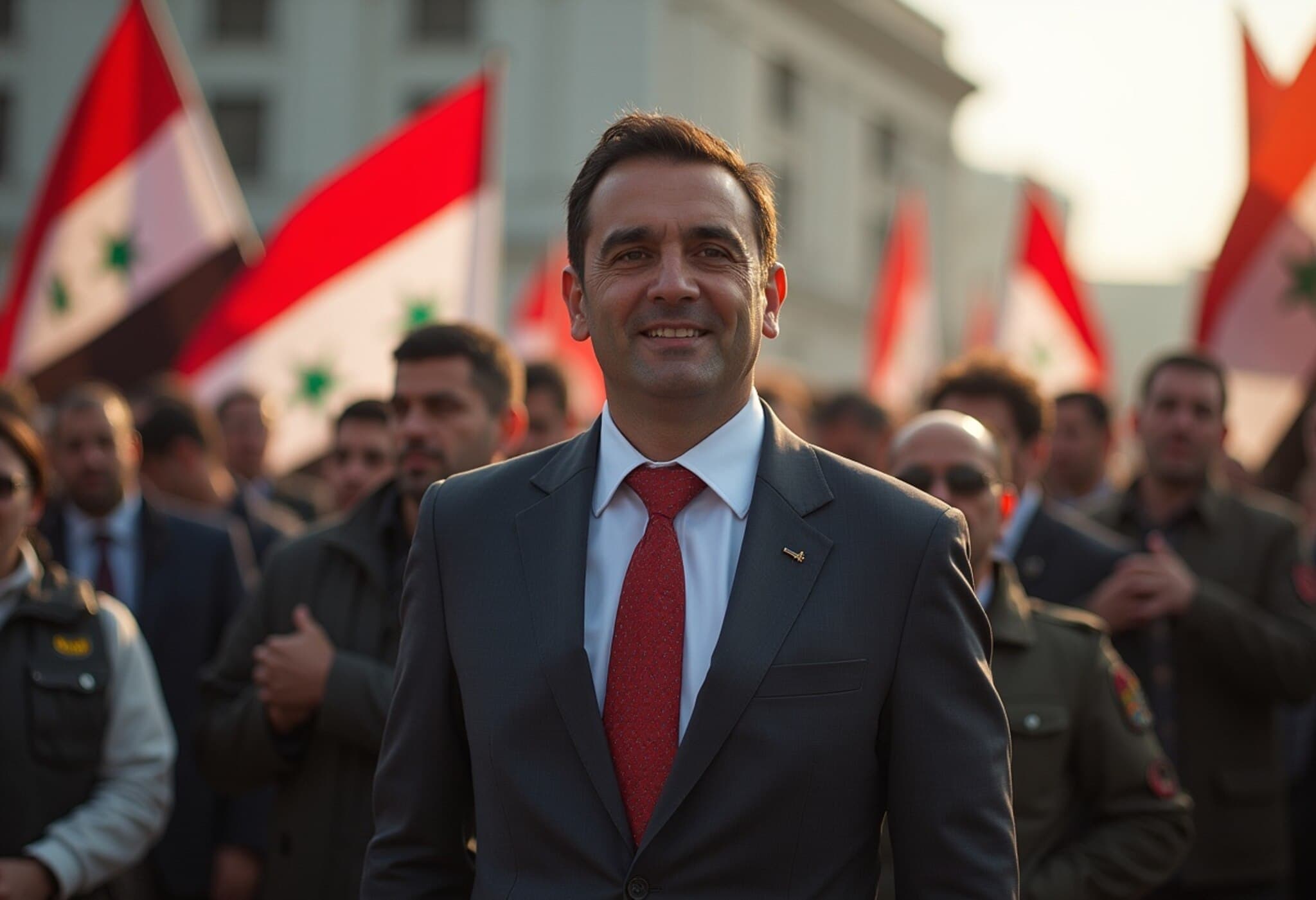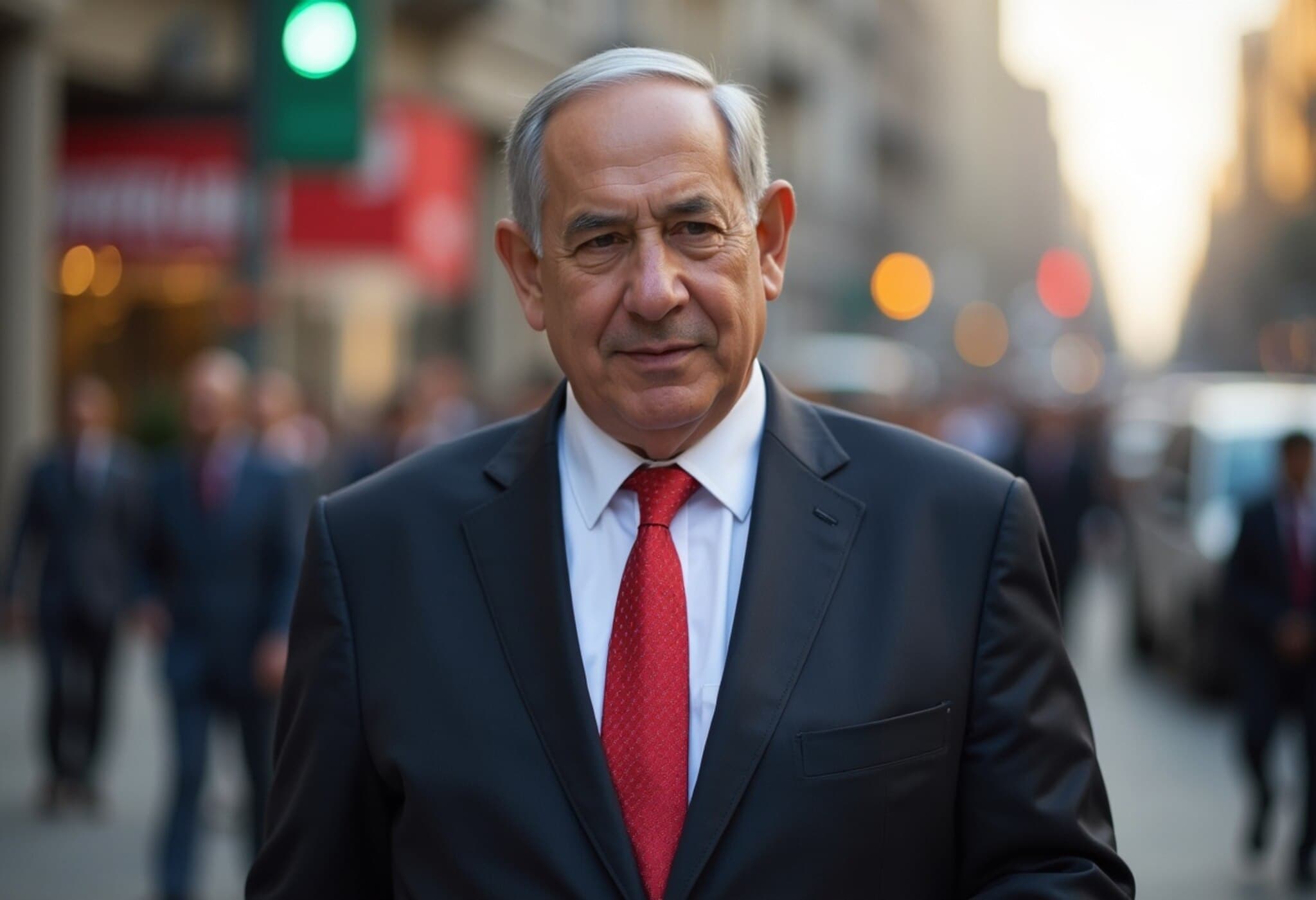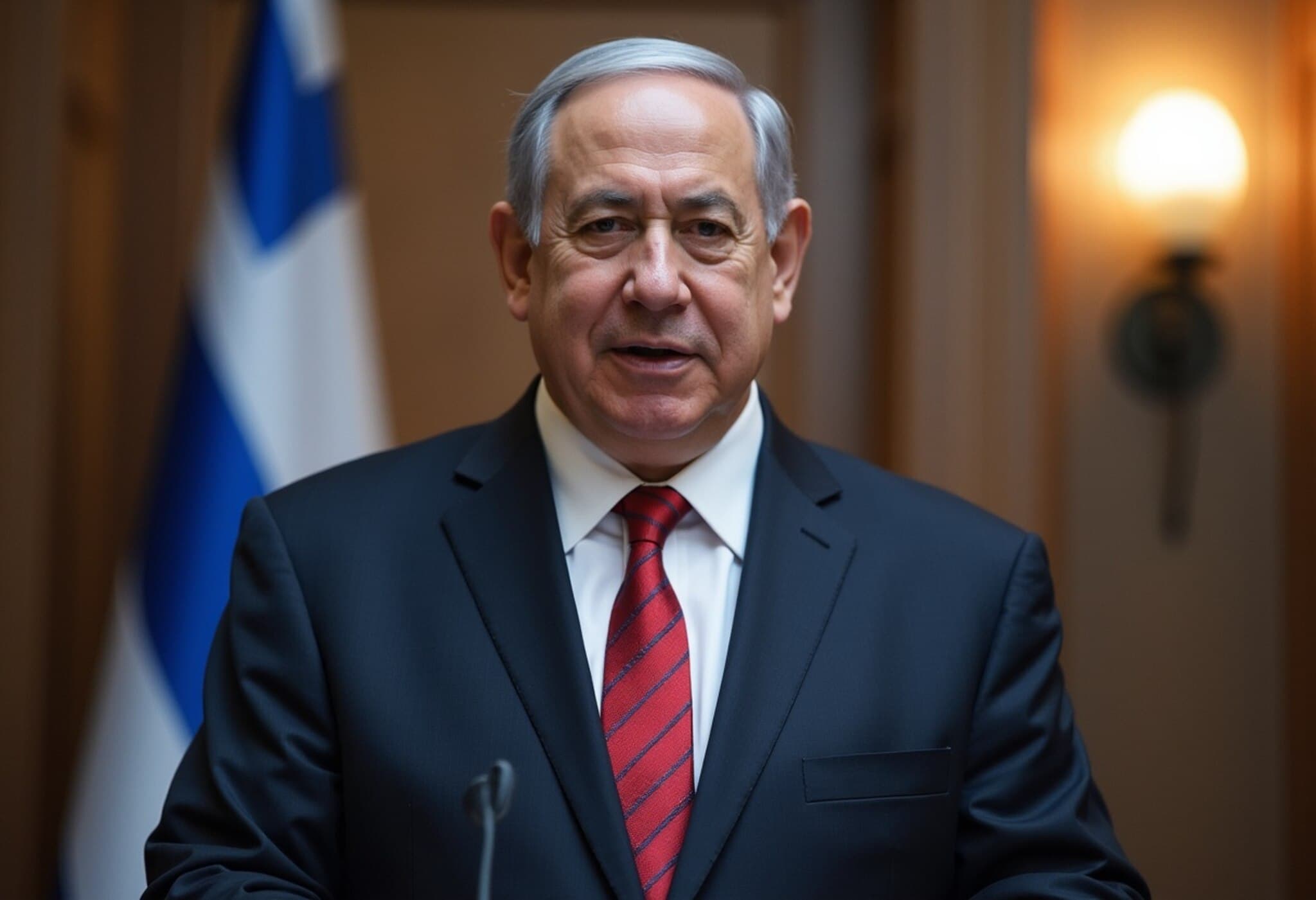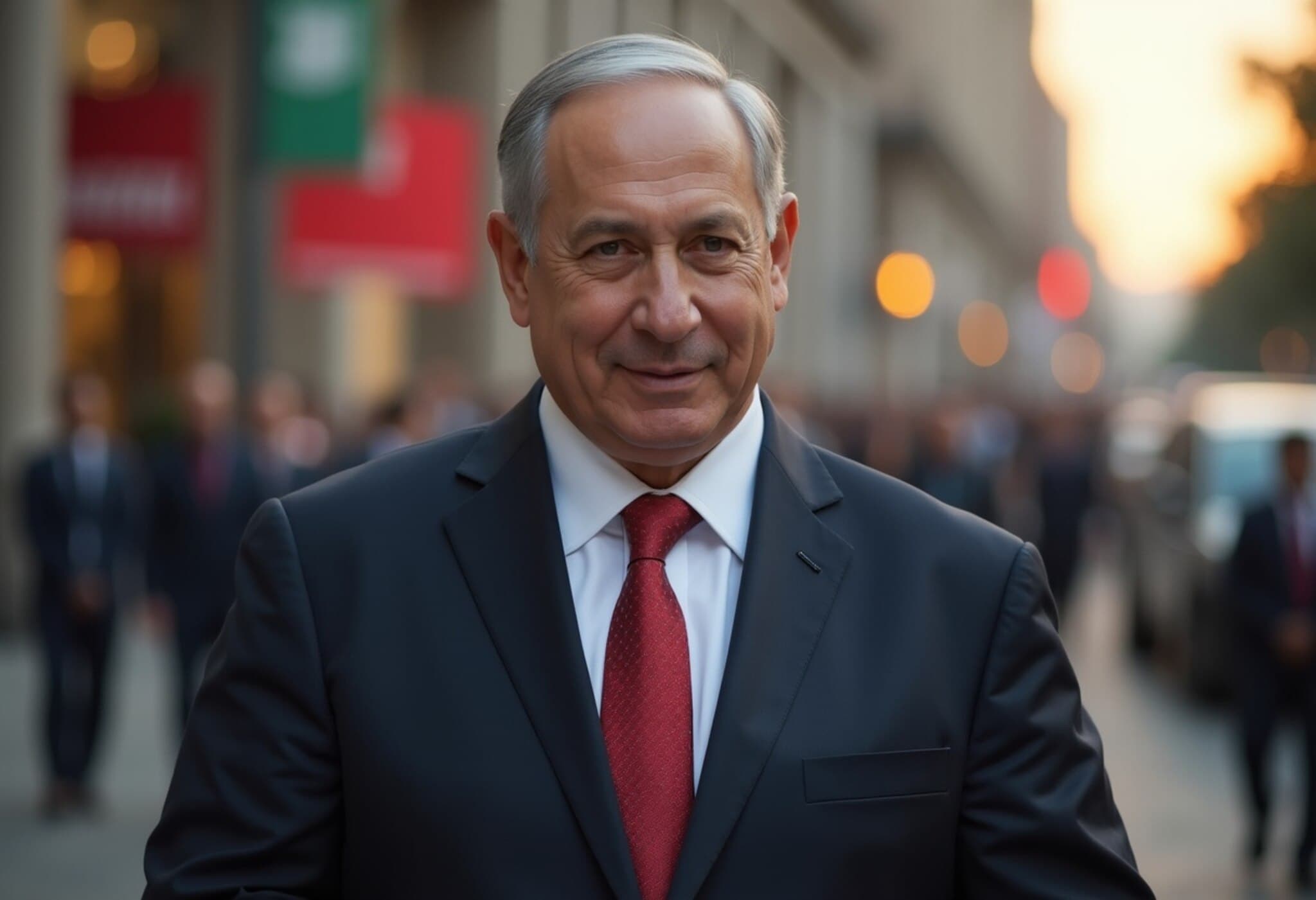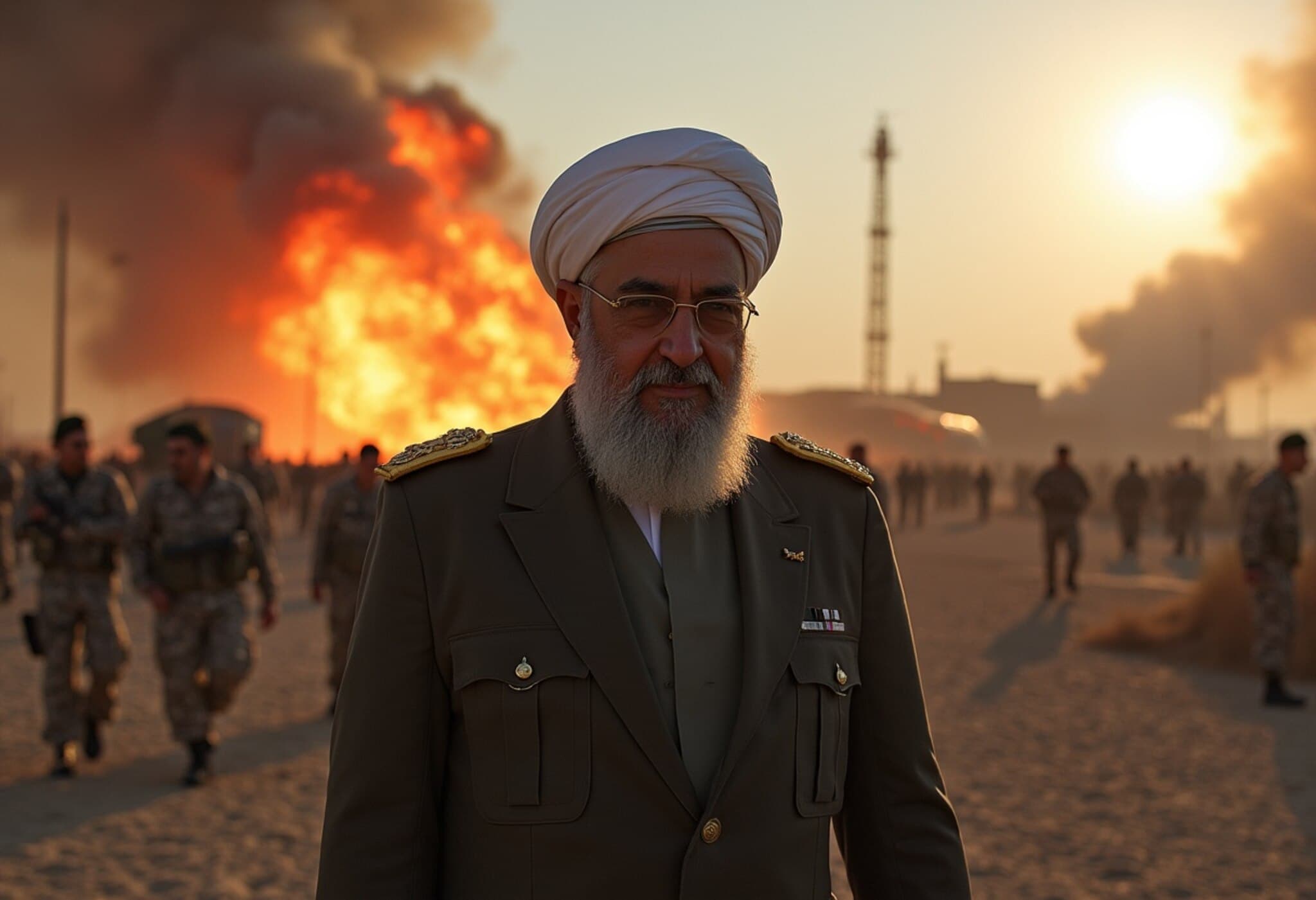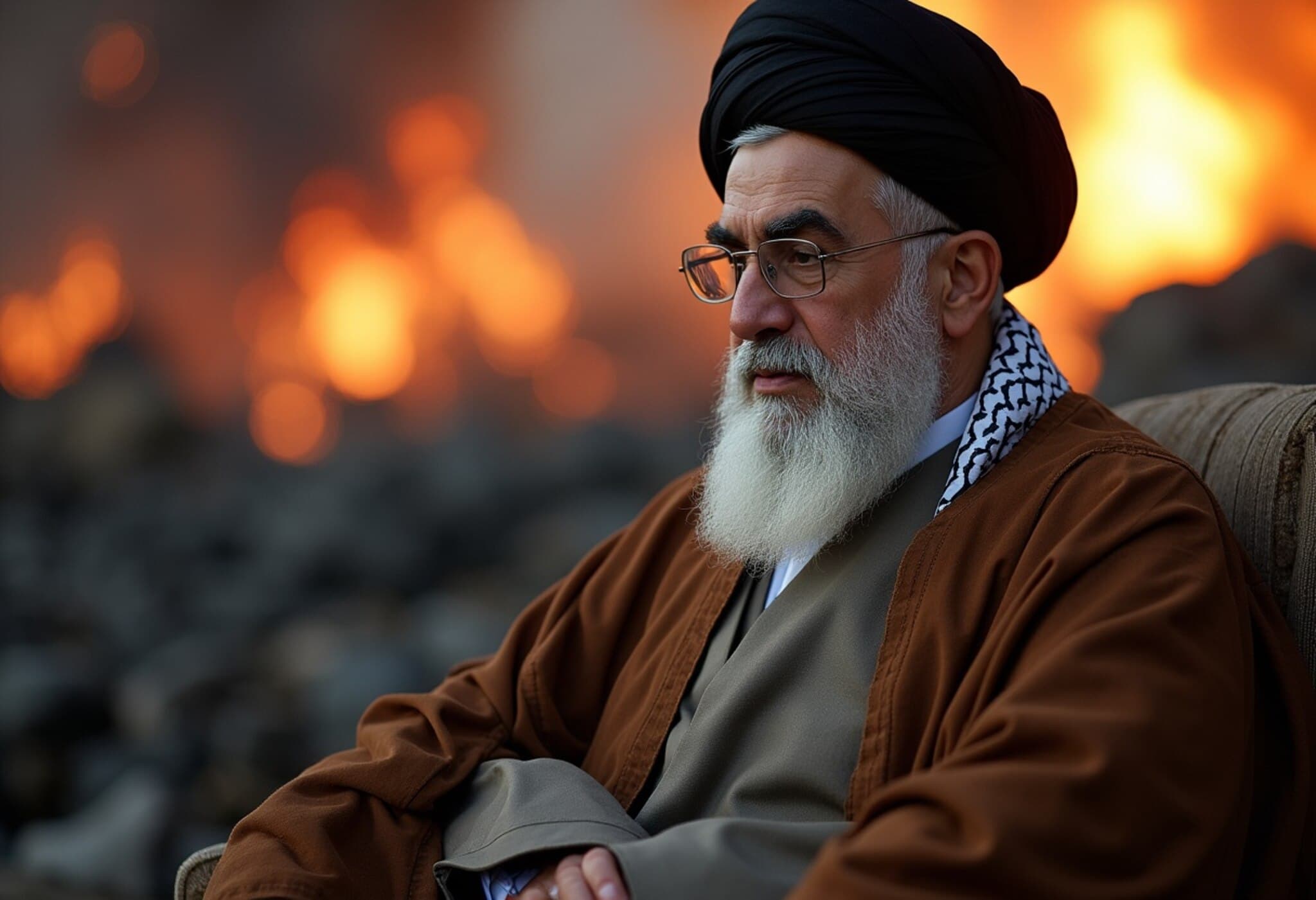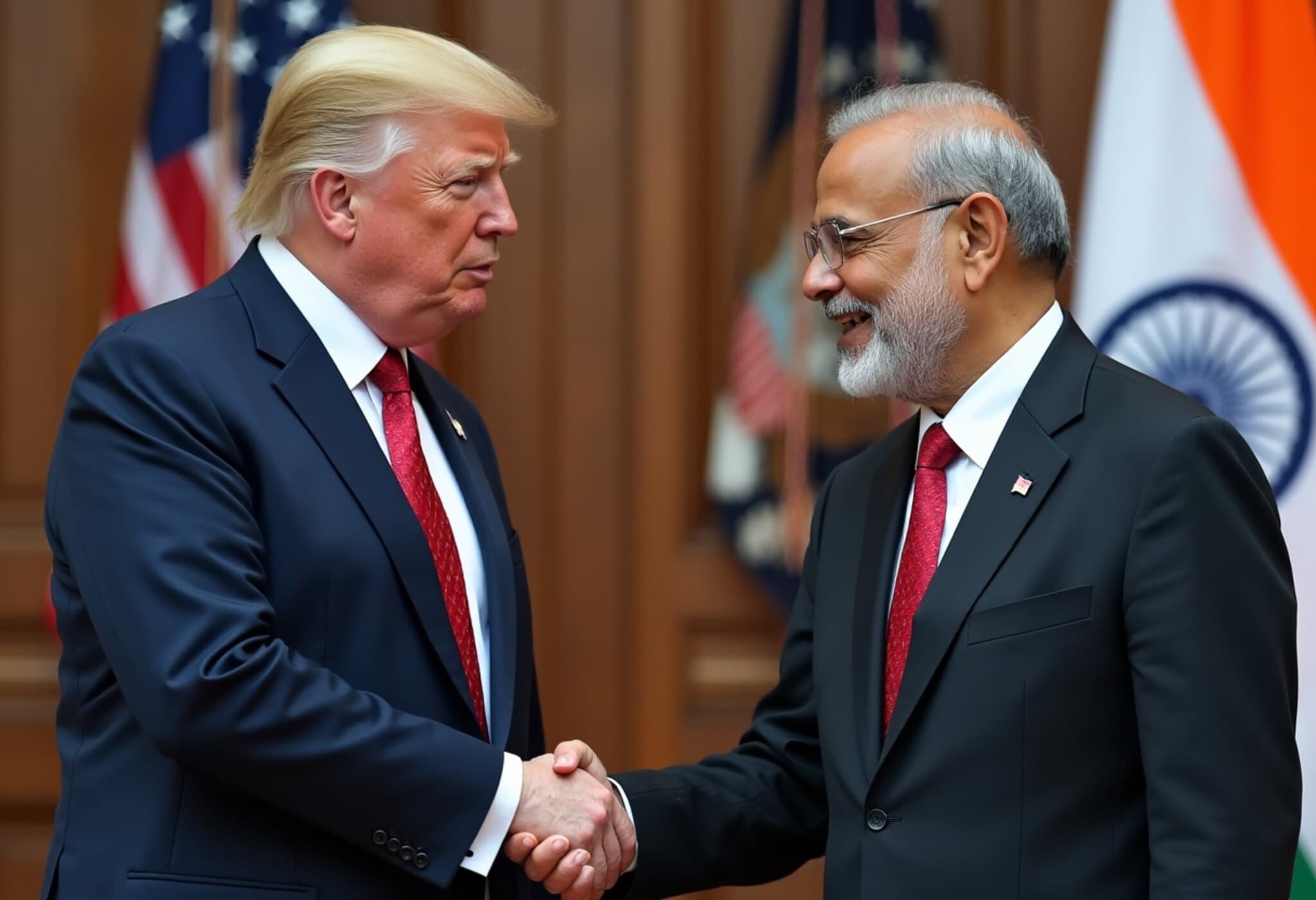Ultra-Orthodox Party’s Exit Threatens Stability of Netanyahu’s Government
In a dramatic political shakeup, the United Torah Judaism (UTJ) party has announced its departure from Prime Minister Benjamin Netanyahu’s coalition government amid an escalating dispute over military conscription exemptions for ultra-Orthodox Jews. The move slashes the ruling coalition’s parliamentary majority to a precarious 61 out of 120 seats, raising questions about the government's ability to govern effectively during a period of heightened security tensions.
The Core of the Dispute: Military Service Exemptions
At the heart of this political upheaval is a long-standing and deeply contentious issue in Israeli society: the exemption from mandatory military service granted to ultra-Orthodox Jewish men engaged in full-time religious study. This exemption dates back to 1948, when the state of Israel was established, reflecting the historical balance between national duty and safeguarding religious study.
However, decades of conflict and social change have intensified scrutiny of this arrangement. The current conflict with Hamas in Gaza, which has now stretched beyond 21 months, has amplified calls across Israeli society for a more equitable distribution of military service obligations.
Growing National Pressure Amidst Ongoing Conflict
As the Israeli Defense Forces (IDF) continue their operations near Gaza, losses on the frontline weigh heavily on public sentiment. On Monday alone, three more Israeli soldiers lost their lives, bringing the total military casualties in the Gaza conflict to 458. This surge in fatalities has fueled criticism of the ultra-Orthodox parties for their unwavering stance on preserving draft exemptions.
Opposition figures have seized upon this moment to demand greater solidarity. Avigdor Lieberman, a leading opposition lawmaker, voiced his frustrations on social media, highlighting the perceived disconnect between the draft exemption policies and the sacrifices made by soldiers in combat.
Political Ramifications: A Coalition Barely Holding Together
The UTJ’s exit from the coalition does not come in isolation. The religious Shas party, which shares similar views on military exemptions, has announced plans to hold critical discussions regarding its future in the government amid what it describes as "serious and unacceptable attacks on the status of Torah scholars." Should Shas follow UTJ's lead, Netanyahu’s government would lose its majority altogether, plunging Israel into a possible political crisis during an already volatile security situation.
Prime Minister Netanyahu’s Response and The Way Forward
Visiting an IDF base where ultra-Orthodox soldiers are deployed, Netanyahu called for unity across Israeli society, urging all citizens to "mobilise all forces of the Jewish society to truly preserve our state and protect our people." His remarks underscore the urgency of bridging societal divides in the face of external threats.
However, the challenges run deeper than immediate political calculations. For decades, Israel has grappled with balancing its identity as both a Jewish and democratic state. Moving forward, policymakers will have to reconcile the competing demands of religious freedom, social equality, and national security.
Expert Commentary: Navigating Israel’s Complex Social Fabric
According to Dr. Rachel Cohen, a political analyst specializing in Israeli societal dynamics, "This crisis is emblematic of broader tensions within Israel’s diverse population. The ultra-Orthodox exemption is not merely a military issue but touches on questions of societal contribution, identity, and the distribution of national burdens. How the government resolves this could reshape Israeli politics and social cohesion for years to come."
Underreported Dimensions: The Ultra-Orthodox Community’s Perspective
While much of the public debate centers on questions of fairness and national duty, it is important to appreciate the ultra-Orthodox community’s historical and religious perspectives. For many, full-time Torah study is considered a vital service, preserving Jewish heritage and spirituality. The insistence on exemptions reflects a deeply held belief system that policymakers must navigate with sensitivity to avoid alienation and social fragmentation.
Implications for US-Israel Relations and Policy Observers
The political fragility of Netanyahu’s coalition at a moment of military escalation carries significant implications internationally, particularly for the United States, Israel’s principal ally. Stability within the Israeli government is crucial for coordinated responses to the Gaza conflict and regional diplomacy. US policymakers will likely monitor these developments closely, assessing how domestic Israeli politics affect bilateral security cooperation.
Conclusion
The departure of the UTJ party from Israel’s coalition government signifies more than just a numerical loss in parliament. It signals a profound societal debate on national service, religious identity, and shared sacrifice amidst one of Israel’s most trying conflicts. As political leaders scramble to maintain unity, the challenges of representing a diverse citizenry in times of external threat have come into stark relief. How Israel balances these competing demands will be pivotal for its democratic resilience and national solidarity.
Editor’s Note:
The ultra-Orthodox draft exemption debate encapsulates the friction between tradition and modern statehood that many democracies face. While security necessities press for inclusivity in national defense, respecting minority identities remains essential to social peace. Readers should consider: How can Israel create policies that ensure fairness without fracturing its delicate social fabric? And what lessons might other nations draw from Israel’s experience in melding cultural pluralism with collective responsibility?

